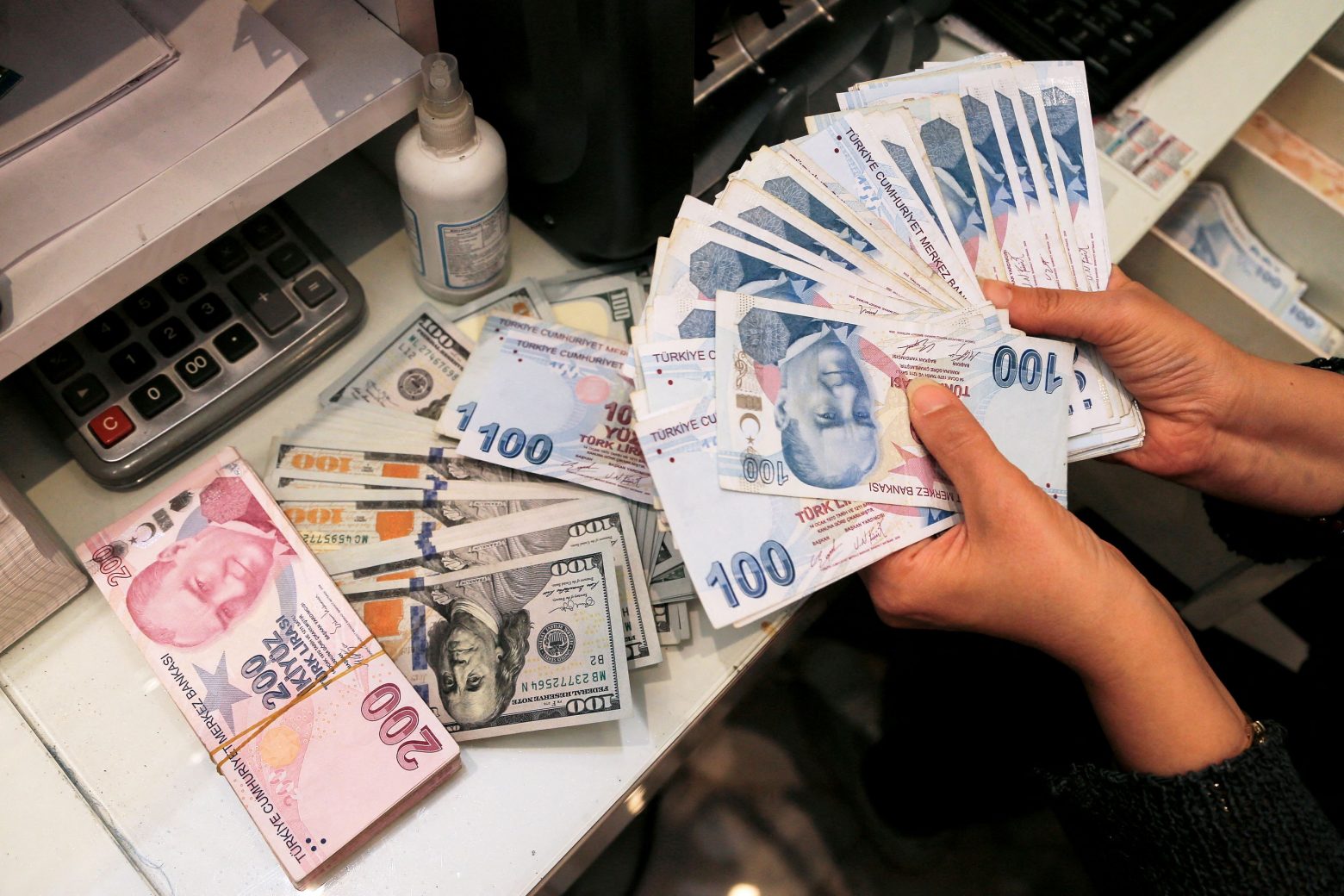Turkey’s lira tumbled, stocks were hit by a sharp selloff triggering a trading halt, and government bond yields surged to their highest levels this year as investors fled Turkish assets following the arrest of Istanbul Mayor Ekrem İmamoğlu, on Wednesday, March 19.
The benchmark Borsa Istanbul 100 index dropped 6.9% at the opening, triggering an automatic suspension of trading under stock exchange regulations. When trading resumed, the index was still down 4.6%.
Meanwhile, 10-year government bond yields soared 175 basis points to 29.94%, reflecting a sharp drop in bond prices. The lira also depreciated more than 5% against the U.S. dollar.
İmamoğlu’s Arrest Shakes Markets
Mayor Ekrem İmamoğlu was arrested on Wednesday morning as part of an investigation into alleged corruption and links to terrorism, according to media reports. The arrest comes just days before the Republican People’s Party (CHP) primary elections, where the 53-year-old was widely expected to be named the party’s next presidential candidate.
Adding to the controversy, on Tuesday, Istanbul University announced it had revoked İmamoğlu’s degree—a significant blow since a university degree is a legal requirement for anyone seeking the Turkish presidency.
Erdogan’s Grip on Power
“Turkish assets are facing intense selling pressure,” Piotr Matys, a senior FX analyst at In Touch Capital Markets, told Bloomberg. “For some investors, this is also a reminder that President Erdoğan is tightening his grip on power by attempting to block his main political rival from running in the 2028 presidential election—though early elections cannot be ruled out.”
The latest political turmoil threatens to derail the positive investor sentiment that had been building around Turkish markets, fueled by hopes that the country would be less affected by global trade wars and tariffs imposed by Donald Trump’s administration.
Market Turmoil Escalates
The market turbulence has spread beyond stocks and bonds. Overnight offshore lending rates surged more than 10 percentage points, hitting 48%—a sign of severe liquidity stress in Turkish financial markets.




